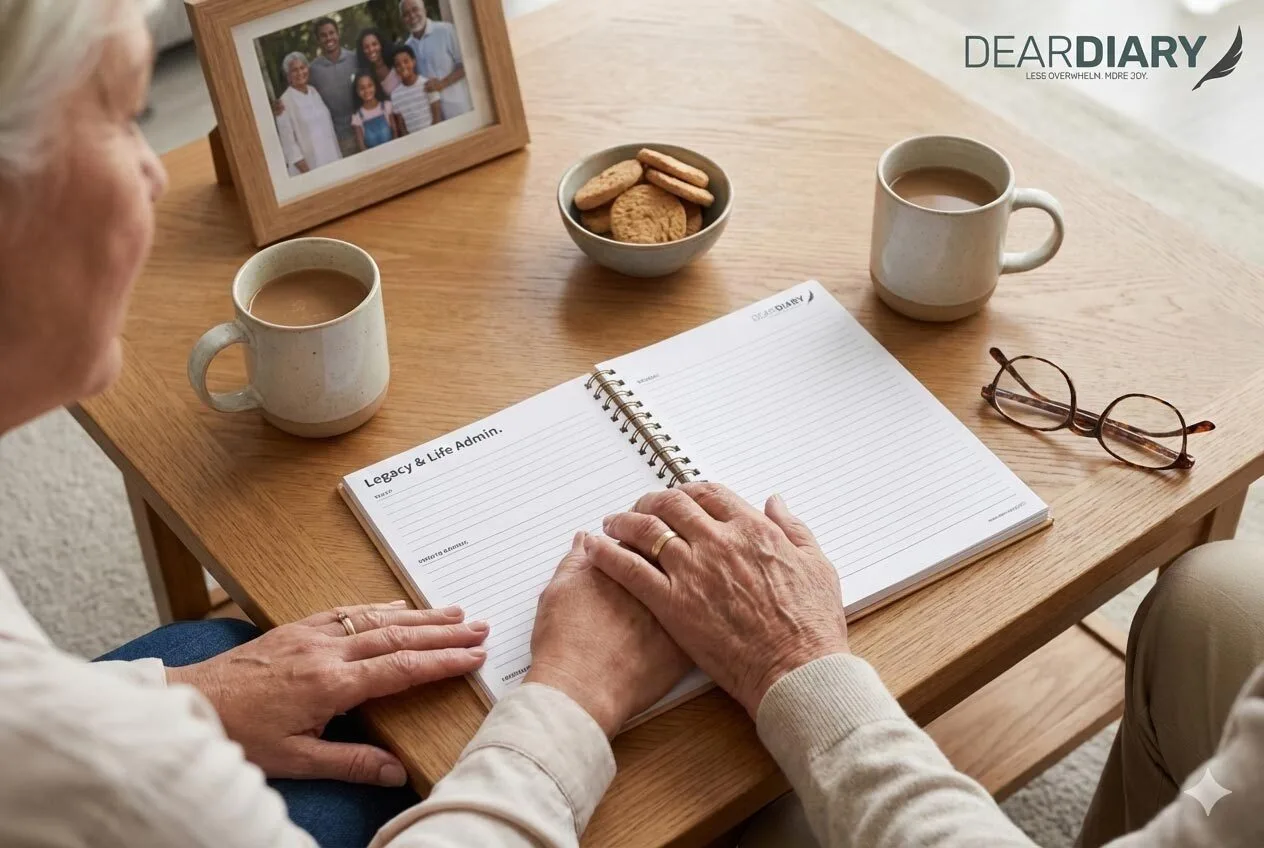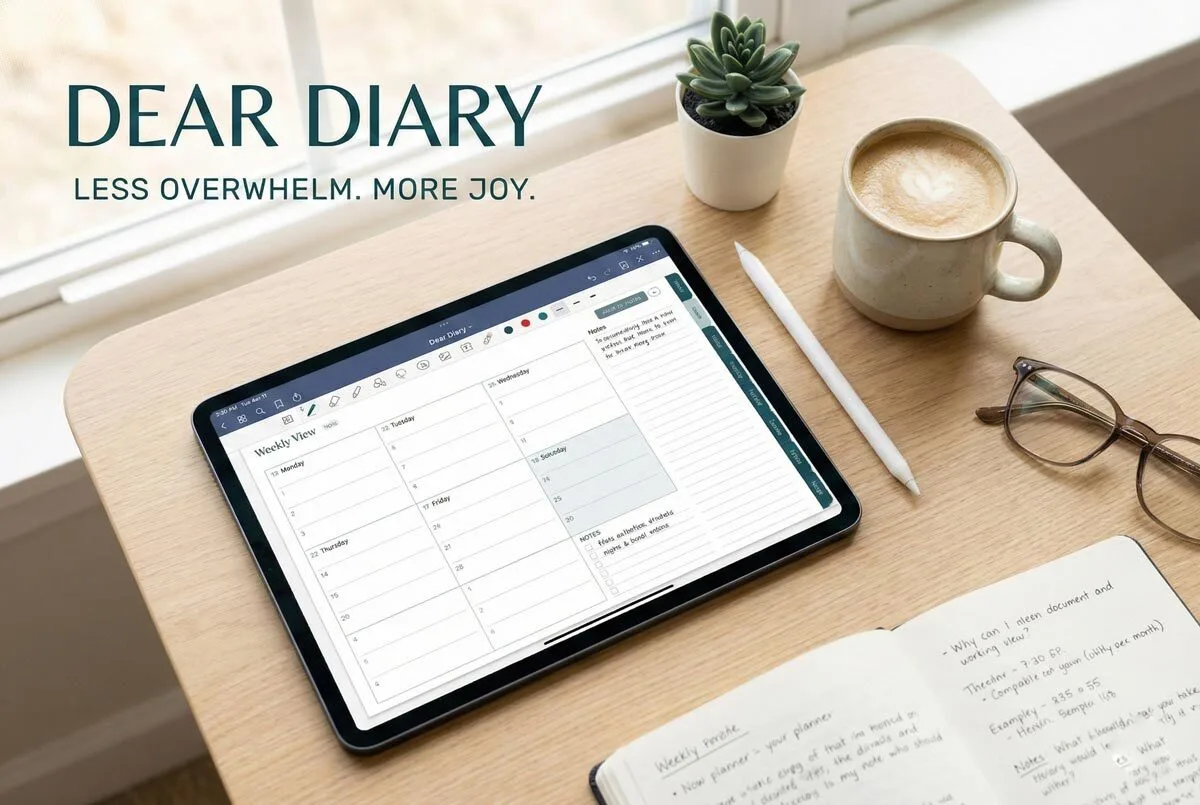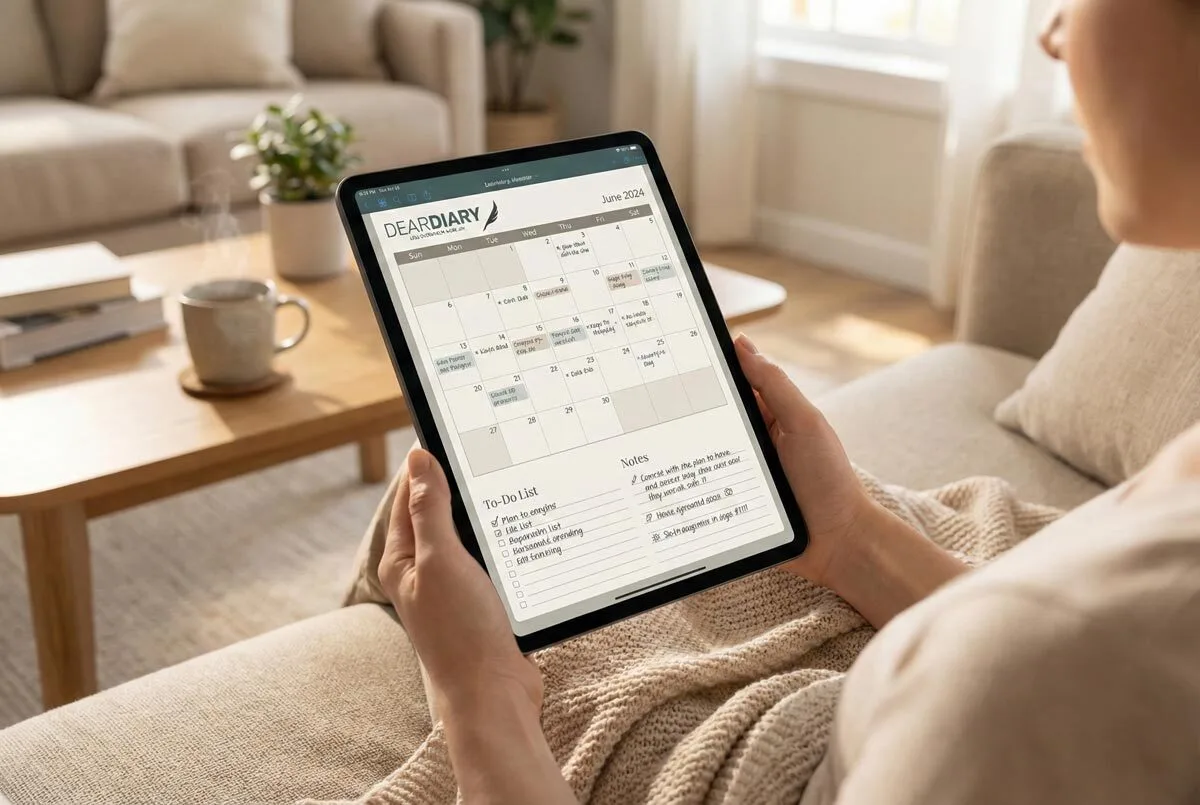You’ll need your green ID book or smart card (originals only), completed DHA forms 1763-1766, three ID photos each, and marital status verification via SMS to 32551. Foreign nationals must provide valid passports, BI-31 forms, and certified translations. Divorced applicants need final decree copies, while widowed individuals require death certificates. Don’t forget your ante-nuptial contract documentation if you’re opting out of community property, plus exactly two witnesses aged 16+. Proper preparation prevents the administrative headaches that follow.
Key Takeaways
- South African citizens require a green ID book or smart card; foreigners must have a valid passport along with the BI-31 form (originals only).
- Complete DHA forms 1763, 1764, and 1766, each accompanied by three ID photographs; telephonic appointments are not accepted.
- Divorced individuals must provide a certified divorce decree; widowed individuals need a certified death certificate of their previous spouse.
- Ante-nuptial contracts must be notarised prior to marriage and registered at the Deeds Office within three months to avoid community of property.
- Exactly two witnesses aged 16 or over with valid ID are required; a free abridged marriage certificate will be issued within 6-8 weeks.
Core Identity and Personal Documentation Requirements

Before you can even consider walking down the aisle, you’ll need to gather the essential identity documents that prove who you are and establish your legal right to marry in South Africa.
If you’re a South African citizen, bring copies of your green ID book or smart card. Foreign nationals must provide valid passports plus a completed BI-31 form. Here’s what matters: the marriage officer needs to see your original documents for verification, so don’t just bring copies.
Lost your ID? Don’t panic. An affidavit confirming the document’s unavailability will suffice. For additional support during this stressful time, consider using a digital prayer journal to reflect on and seek guidance for the challenges ahead.
You’ll also need completed DHA forms 1763, 1764, and 1766. Additionally, both partners must provide 3 ID photographs each as part of the standard documentation requirements. Remember that Home Affairs does not accept telephonic appointment setups for the required interviews.
Wedding Planner
Your dream wedding starts here! The Dear Diary Wedding Planner is the perfect companion for engaged couples, designed to help you stay organized, stress-free, and inspired throughout your wedding planning journey.
In stock
Previous Marriage Documentation and Verification
Moving on from basic identity papers, you’ll need to prove your current marital status—and that means digging up documentation from any previous marriages.
If you’re divorced, submit a certified copy of your final divorce decree to DHA officials. Widowed? You’ll need a certified death certificate of your deceased spouse. Can’t locate the original documents? Don’t panic—affidavits work as substitutes, but they must be certified by a Commissioner of Oaths or SAPS.
Foreign previous marriages require extra steps: obtain a Letter of No Impediment from your home country confirming your marital status. Complete form DHA-1764 to declare status changes, and remember—fraudulent documentation carries legal penalties. To ensure all your legal and personal information is organised for such processes, consider using a tool like the In Case Of Death Planner to document essential details. All documents must be handed in physically, as email submissions are not accepted by Home Affairs. Remember that there’s no application fee for marriage registration with the Department of Home Affairs.
Verify your current status by texting “M” plus your ID number to 32551.
Foreign National Marriage Documentation
When foreign nationals enter the marriage equation, documentation requirements multiply exponentially—and yes, that’s as intimidating as it sounds.
Your foreign partner needs their valid passport with current entry stamps, plus certified copies of bio data pages.
Non-English documents require certified translations—no exceptions. They’ll need passport-sized photos meeting visa standards and valid visitor visas for marriages within 90 days.
The BI-31 Form becomes essential here, requiring both parties’ signatures and declarations of no prior impediments.
Your partner must obtain a Letter of No Impediment from their home country’s embassy or consulate.
All foreign documents need apostille certification for South African recognition.
Don’t forget proof of lawful entry and current visa validity. To stay organised amidst these complex requirements, consider using a comprehensive wedding planner to track all necessary documentation and deadlines.
The South African partner must register their intention to marry with Home Affairs at least three months before the wedding date. These requirements protect both parties legally. Marriage registration can be invalidated if either partner is undocumented or has overstayed their visa.
Minor Applicant Consent and Legal Requirements

Marriage involving minors reshapes straightforward documentation into a maze of consent forms, court approvals, and legal safeguards—because apparently, love doesn’t wait for your 18th birthday.
Marriage bureaucracy transforms from simple paperwork into legal obstacle courses when minors decide their hearts can’t wait for adulthood.
You’ll need Form DHA-32 from the Department of Home Affairs, signed by parents or legal guardians. If they refuse consent, you can petition a Commissioner of Child Welfare or seek High Court approval. The catch? You must prove the marriage serves the minor’s best interests.
Gender disparities complicate matters further. Girls can marry at 15 with parental consent, whilst boys wait until 18. Customary marriages bypass these age restrictions entirely, creating concerning legal loopholes. The government is developing a Marriage Policy to address these inconsistencies by setting the minimum age at 18 across all marriage types.
Remember: minors must personally sign antenuptial agreements—guardians can’t sign for them. Guardians must attend signing ceremonies to verify participation and provide written consent for all marriage types. Even without proper consent, the marriage remains valid but can be challenged in court by guardians or the minor themselves.
Ante-Nuptial Contract Documentation
Your ante-nuptial contract isn’t worth the paper it’s printed on without proper documentation to prove its validity. You’ll need certified copies of the notarised contract, a solicitor verification letter confirming the document meets legal standards, and official registration proof from the Deeds Office.
These three pieces form your documentary shield against anyone questioning whether you’ve properly opted out of community property—because trust me, someone always will. A family lawyer can provide practical insights on marital property regimes and guide you in making informed decisions suited to your individual requirements. Remember that the ANC must be concluded before marriage to avoid defaulting to the in community of property regime. Additionally, ensuring all documentation is organised can be aided by using tools like planner stickers to track important deadlines and tasks related to your legal preparations.
Contract Copy Requirements
How complex can obtaining proper documentation for an ante-nuptial contract really be? You’d think getting copies would be straightforward, but there’s more to contemplate than grabbing photocopies at your local print shop.
You’ll need multiple certified copies for different purposes. The Deeds Office requires original documentation for registration, whilst you’ll want certified copies for your records and legal advisors. Here’s what you must secure:
- Original notarised contract – Keep this safe; it’s your primary legal document
- Certified true copies – At least three copies for banks, estate planning, and personal records
- Registration certificate – Proof of Deeds Office filing within the mandatory three-month window
Don’t underestimate this step. Poor documentation habits have invalidated contracts during divorce proceedings, leaving couples vulnerable to community of property defaults.
Attorney Verification Letter
Beyond securing your contract copies, verifying your solicitor’s credentials becomes equally important—and it’s easier than you might expect. Your solicitor must hold a valid Fidelity Fund Certificate (FFC) to legally handle your trust funds during the ANC process.
This annual requirement ensures they’re properly licensed and accountable.
Here’s what you need to know:
- Check their status online – The Legal Practice Council’s portal lets you verify any solicitor’s FFC validity in real-time
- State-employed solicitors are exempt – But private practitioners aren’t
- No valid FFC means no trust account access – They literally can’t handle your money legally
Don’t assume your solicitor’s compliant. A quick search protects your finances and ensures you’re working with someone who meets professional standards.
Registration and Notarisation
Two critical steps convert your ante-nuptial contract from a mere document into legally binding protection—and missing either one renders your entire effort worthless.
First, you’ll need notarial attestation from an admitted Notary Public. This isn’t just a signature—it requires their embossed seal on every page, with witnesses present during the signing ceremony. Both spouses must sign before your marriage date, because post-marriage signings won’t hold up legally.
Second, register at the Deeds Registry within three months of signing. Here’s your action plan:
- Physically deliver the contract to your relevant Deeds Office
- Ensure Section 87 compliance under the Deeds Registries Act
- Meet the strict three-month deadline from signing to lodging
Skip either step, and you’ll default to community of property regardless.
Witness Requirements and Verification
When planning your South African wedding, you’ll need exactly two witnesses to make your marriage legally valid—no more, no less.
Your witnesses don’t need to be South African citizens or residents. Foreign nationals can absolutely serve as witnesses, making destination weddings surprisingly flexible.
The only real requirement? They must be at least 16 years old and bring valid identification.
Here’s what simplifies the process: photocopies of passports or ID documents work perfectly fine. No original documents required, which eliminates last-minute panic about lost paperwork.
Your witnesses will sign the marriage register immediately after your ceremony, alongside the marriage officer. This creates the official record of your union.
Post-Ceremony Registration Procedures

What happens after you’ve exchanged vows and signed the marriage register? Your marriage officer handles the immediate paperwork, but you’ll need to stay on top of the registration process to make everything official.
The Department of Home Affairs processes your BI-130 form within a few weeks, converting your handwritten ceremony certificate into a legal document. You’ll receive one free abridged certificate, but don’t lose it—replacements cost money.
Key post-ceremony steps include:
- Follow up with DHA if your certificate doesn’t arrive within 6-8 weeks
- Request unabridged certificates immediately if you’re planning visa applications or immigration
- Keep multiple certified copies for insurance, banking, and legal purposes
For customary marriages, you’ve got just three months to complete registration. Don’t wait—missing this deadline complicates everything unnecessarily.
Timeline and Submission Guidelines
You’ll need to complete all your paperwork well before your wedding day since Home Affairs requires everything submitted and verified in advance.
Missing these pre-wedding deadlines means you can’t legally marry on your chosen date, full stop.
After your ceremony, your marriage officer has specific filing requirements that must be completed within strict timeframes to make your union official in government records.
Pre-Wedding Document Deadlines
Although most couples focus on flowers and venues, the real wedding stress begins when you discover South Africa’s document requirements aren’t suggestions—they’re legal mandates with unforgiving deadlines.
Missing these timeframes can derail your entire celebration. You’ll need strategic planning to avoid last-minute disasters:
- Divorce/death certificates: Submit at least one month before your ceremony
- Marriage contracts: Complete drafting, signing, and notarisation 2-3 months prior
- All documentation: Present originals in person to your marriage officer before celebration
Foreign documents require additional processing time for official translations.
Your marriage contract must reach the Deeds Office within three months of signing, or it becomes invalid.
Start gathering documents immediately—Home Affairs processing alone takes 6-12 weeks post-ceremony for certificates.
Post-Ceremony Filing Requirements
Fresh from exchanging vows, your legal obligations shift into high gear with a series of time-sensitive filing requirements that evolve your romantic celebration into administrative reality.
Immediate Actions (Day of Wedding)
You’ll sign the marriage register immediately after your ceremony alongside two witnesses and your marriage officer. This creates the official legal record.
You’ll receive a handwritten marriage certificate on the spot—your prima facie proof of marriage.
Home Affairs Submission (Within Weeks)
Your marriage officer submits the register to the nearest Department of Home Affairs office, where it’s recorded in the National Population Register.
This process typically takes 2–6 weeks.
Additional Certificates
Need extra copies? Complete form BI-130 and pay the required fee of R75 through Home Affairs offices or licensed officials.
Frequently Asked Questions
Can We Get Married if One Partner Has Outstanding Divorce Proceedings?
You can’t marry, you can’t proceed, you can’t legally unite until divorce finalisation. Outstanding proceedings mean you’re still married. Wait for your final decree before planning your wedding celebration together.
What Happens if Our Marriage Officer Gets Sick on Our Wedding Day?
You’ll need another licensed marriage officer as backup since no legal provision exists for self-solemnisation. Contact local Home Affairs for active officers or consult religious institutions for emergency replacements.
Are There Specific Seasons When Home Affairs Processes Applications Faster?
There’s no magical season when applications fly through faster—Home Affairs maintains consistent processing times year-round. You’ll wait the same 15-20 days for unabridged certificates regardless of when you apply.
Can We Use a Digital Copy of Documents for the Ceremony?
You can’t use digital copies for your wedding ceremony. Home Affairs requires physical documents, including original IDs, birth certificates, passports, and all forms. Digital versions aren’t accepted for legal marriage documentation.
What if We Lose Our Marriage Certificate After It’s Issued?
You may replace lost marriage certificates by submitting Form BI-130 at DHA offices along with certified copies of your ID and paying a fee of R25. It is advisable to keep several copies stored securely to avoid complications from future losses.







